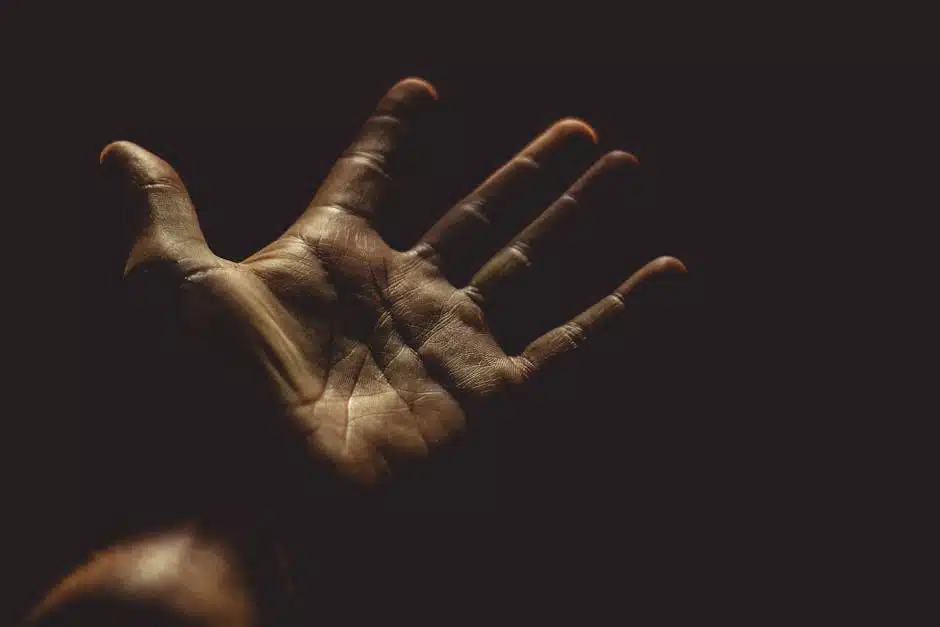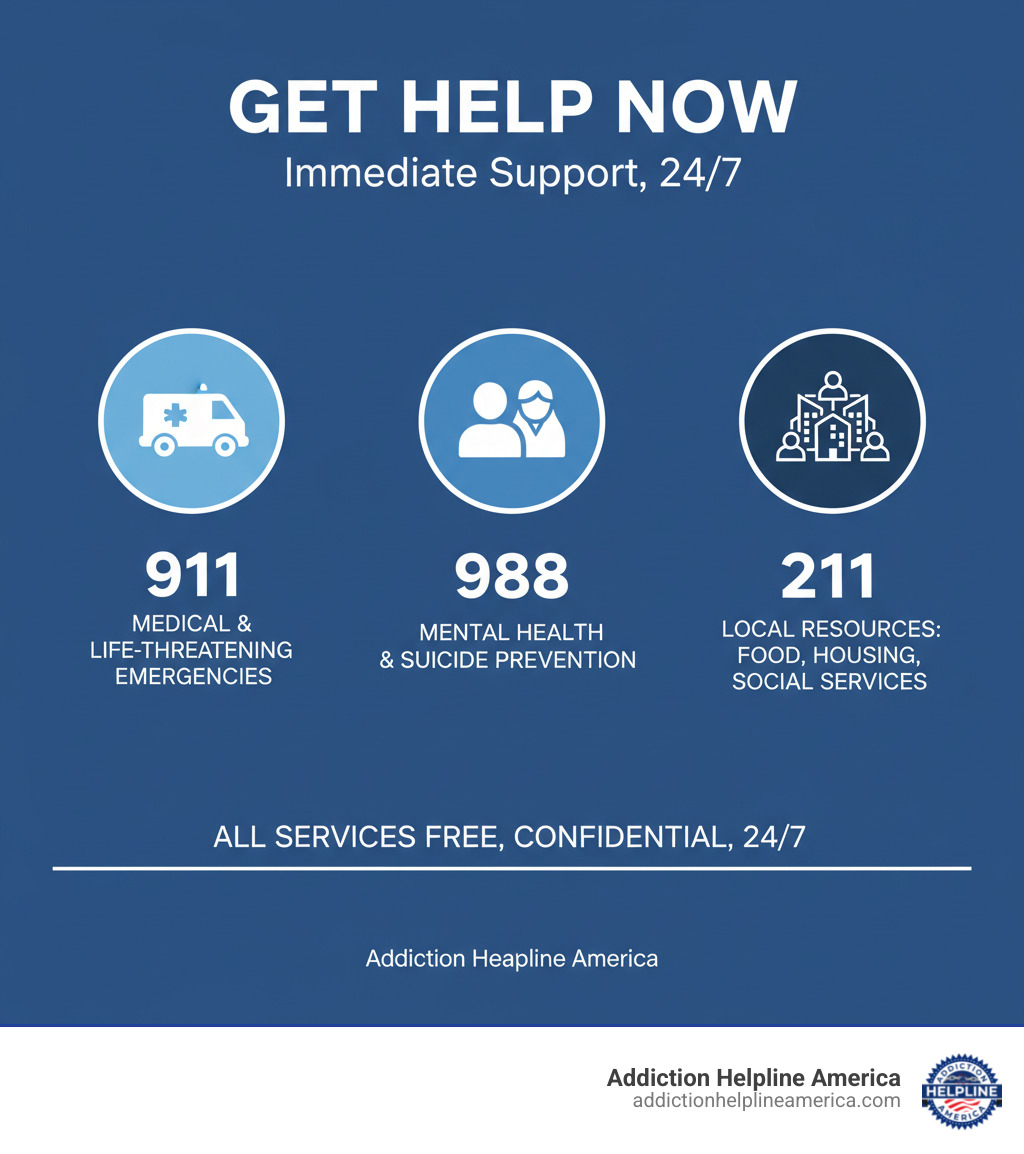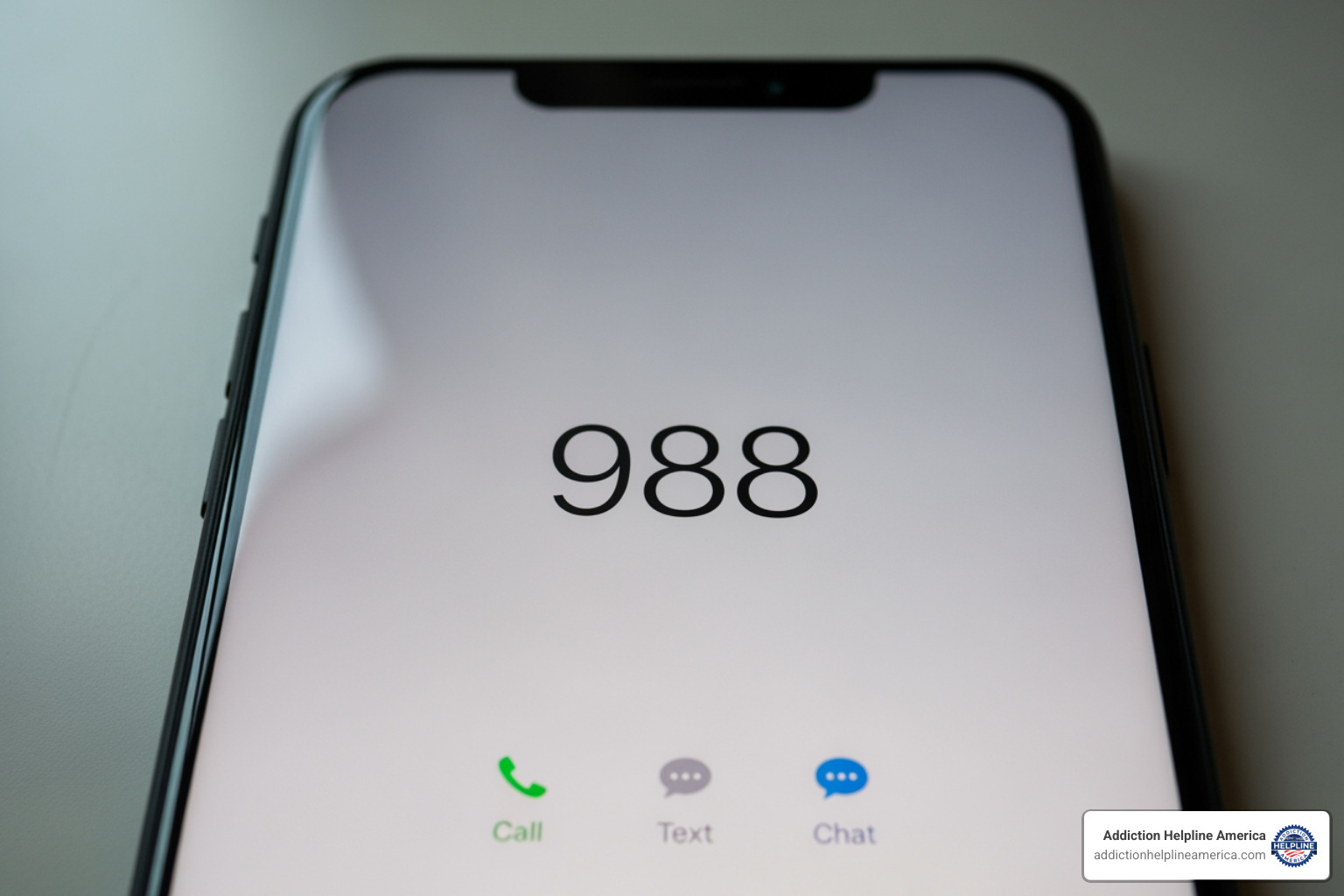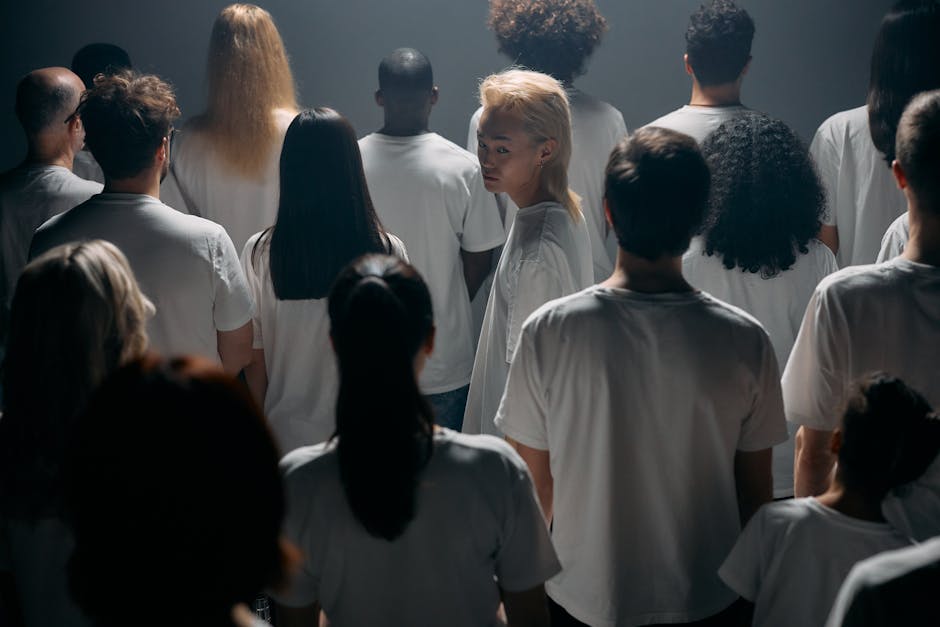
When You Need Support Right Now: Understanding Your Options
If you need to get help now, you don’t have to face this alone. When you’re struggling with addiction or a mental health crisis, it’s easy to feel lost or overwhelmed, but immediate help is available.
Emergency Contact Numbers:
- 911 – Life-threatening medical emergencies, overdose, immediate physical danger
- 988 – Suicide crisis, emotional distress, mental health or substance use crisis (call, text, or chat 24/7)
- 211 – Local resources for housing, food, healthcare, and social services
- 1-800-662-4357 – SAMHSA National Helpline for treatment referrals and information
All services are free, confidential, and available 24/7/365.
These resources are proven lifelines. The 988 Suicide & Crisis Lifeline offers support in over 200 languages, while the 211 network makes millions of referrals to vital resources annually. They are staffed by trained professionals who understand what you’re going through and are ready to help.
This guide will walk you through the immediate resources available. You’ll learn which number to call, what to expect, and how to find treatment. We’ll also cover specialized support and how to access free or low-cost options.
At Addiction Helpline America, we connect individuals and families with compassionate, confidential support when they need to get help now. Our addiction specialists are available 24/7 to guide you toward effective treatment and lasting recovery.
Key get help now vocabulary:
- crisis addiction hotline
- National Drug Abuse Hotline Numbers: Free Addiction Help 24/7
- addiction help resources
Immediate Crisis Support: Your First Step to Get Help Now
When you’re facing a crisis, you need immediate, compassionate support. Whether you’re dealing with suicidal thoughts, overwhelming emotional pain, or a substance use crisis, a lifeline is waiting for you.
The 988 Suicide & Crisis Lifeline is your direct connection to trained crisis counselors available 24/7/365. Support is free, confidential, and offered in over 200 languages. You can reach them by calling, texting, or chatting online—whichever feels most comfortable. If you’re in emotional distress or facing a mental health or substance use crisis, Call 988 or Chat Now to connect immediately. TTY users can use their preferred relay service or dial 711 then 988.
What to do if someone needs immediate medical attention
Some situations require immediate medical intervention. Call 911 for any life-threatening emergency, such as a severe overdose, physical injuries, or any situation where a person’s life is in immediate danger. If it’s safe, stay with the person and be prepared to provide responders with your location and details about what happened. 911 is for emergencies requiring police, fire, or ambulance dispatch.
How to get help now for suicidal thoughts or emotional distress
If you or someone you know is thinking about suicide or is in deep emotional pain, dial 988 right away. Don’t wait or wonder if it’s “bad enough” to call. When you connect, a trained crisis counselor will listen without judgment. They are prepared to help you through your darkest moments, explore your options, and connect you to ongoing local resources. You deserve to be heard and supported. Learn More about the 988 Lifeline and what to expect when you reach out to get help now.
Navigating Mental Health and Substance Use Services
Once you move beyond immediate crisis support, a range of treatment options can help you build lasting recovery from mental health challenges and substance use.
Finding the right care can feel overwhelming, but Addiction Helpline America is here to guide you. We connect you with programs that match your specific needs. Addiction Treatment comes in many forms, from medically supervised Detox to inpatient or outpatient care. Many people benefit from a Dual Diagnosis Treatment Facility that addresses co-occurring mental health and substance use issues. There are also specialized programs like Anxiety Disorder Treatment Centers and Cocaine Addiction Treatment. We’ll help you find the approach that’s right for you.
Understanding State and Local Resources
Many states treat addiction as a medical condition, creating robust support systems. These services often include prevention, harm reduction, and recovery programs. A key harm reduction tool is Naloxone, a medication that reverses opioid overdoses. Many states offer it for free. If you’re in New York, you can GET FREE NALOXONE delivered to you.
What are the steps to get help now for addiction?
If you’re ready for help, you’ve already taken the hardest step. Here’s what comes next:
- Acknowledge the problem: This is the biggest hurdle. Once you’ve cleared it, the path forward becomes clearer.
- Reach out to a helpline: Contacting a service like an Alcohol Addiction Helpline or Addiction Helpline America connects you with specialists who can guide you 24/7.
- Explore treatment options: We’ll help you consider different types of care, like inpatient or outpatient programs, based on your unique situation.
- Consider medical detox: Withdrawal can be dangerous without medical supervision. A detox program ensures your safety and comfort.
- Engage in therapy: Evidence-based therapies like CBT help you understand the root causes of addiction and build healthy coping skills.
- Plan for aftercare: Recovery is an ongoing journey. Support groups, sober living, and continued therapy help maintain progress and prevent relapse.
Every step forward matters. We’re here to support you as you get help now and build the life you want.
How to Find Local Treatment and Healthcare Providers
When you’re ready to get help now, finding a local provider is a crucial step. You can use online search tools, ask your primary care physician for referrals, or check your health insurance directory for in-network facilities to reduce costs.
Our Drug Detox and Rehab Facilities Near Me resource can point you to local options. For those in New York, our New York Addiction Rehab Hotline Guide offers state-specific information.
At Addiction Helpline America, we provide free, confidential, 24/7 guidance to connect you with the right treatment center from our nationwide network. We cut through the confusion so you can focus on recovery.
Using Trusted Directories to Find Care
FindTreatment.gov, operated by SAMHSA, is a powerful, confidential tool for finding mental health and substance use facilities. You can filter results by location, type of care, payment options, and specialized programs. The directory is regularly updated to ensure the information is current.
Our team at Addiction Helpline America offers a similar search experience with a personal touch. We talk through your situation to guide you to facilities that truly fit. You can start on our search for treatment facilities page or call us to speak with a specialist.
Finding Free or Low-Cost Treatment Options
Cost should never be a barrier to getting help. Affordable options exist, and we can help you find them. Key resources include:
- Community health centers: These facilities offer integrated care on a sliding scale fee structure based on your income. Many services are low-cost or free.
- State-funded programs: Most states fund treatment programs for residents without insurance or with limited financial means.
- Public health insurance: Programs like Medicaid and CHIP, accessible through HealthCare.gov, can significantly reduce or eliminate treatment costs for those who qualify.
Our specialists at Addiction Helpline America are familiar with payment assistance programs and can guide you to affordable care. We also offer location-specific resources, like our Free Drug Rehab New Orleans Guide, to highlight low-cost options in your community.
Specialized Resources for Specific Populations
Everyone’s journey is unique, and sometimes you need support that understands your specific experiences. Specialized resources are available to help you get help now with the expertise you deserve.
Support for Veterans and Military Families
The Veterans Crisis Line connects you with responders, many of whom are veterans themselves, who understand the pressures of military service. They provide confidential support for challenges like PTSD, depression, and substance use. Reach them by calling 988 and pressing 1, texting 838255, or chatting online. At Addiction Helpline America, we can also help you Connect with a Veterans Support Line.
How to Get Help for a Friend or Loved One
Watching someone you care about struggle is heartbreaking. Here’s how you can help:
- Recognize the signs: Trust your instincts if you notice changes in behavior, mood, or sleep patterns.
- Start the conversation: Choose a calm, private moment. Express your concerns with love and without judgment, such as, “I’ve noticed you seem down, and I’m worried about you.”
- Offer support: Listen more than you talk. Let them know you’re there for them. Avoid phrases like “just stop,” and instead say, “We can figure this out together.”
- Provide resources: Share information about helplines. Offering to make the call with them can make a huge difference. You can also call 988 yourself for guidance. For more tips, see these Action steps to help someone.
Help for Other Crisis Situations
Specialized support is available for various crises:
- Disaster Distress Helpline: For emotional distress after a disaster. Call or text 1-800-985-5990.
- National Domestic Violence Hotline: For safe, confidential support. Call 800-799-SAFE (7233) or text “START” to 88788.
- National Sexual Assault Hotline: For free, confidential help 24/7. Call 800-656-HOPE (4673) or chat online.
- National Child Abuse Hotline: To report suspected abuse or neglect. Call or text 1-800-4AChild (1-800-422-4453).
For any of these situations, you can Contact a Crisis Hotline through our directory to find the right support.
Understanding Community Support Systems: 211 and Local Helplines
Sometimes, practical stressors like housing instability or food insecurity can derail recovery. Community support systems address these foundational needs, connecting you with essential services that make healing possible.
These local resources provide housing assistance, food security programs, utility bill help, and other services to keep you stable during difficult times. They make millions of referrals annually, holding communities together.
What is 211 and How Can It Help?
211 is a nationwide service that connects you to local human and social services. It’s the fastest way to find practical support when you need to get help now. Available in all 50 states, the service is free, confidential, and available 24/7 in over 180 languages. When you dial 211, a specialist will listen to your needs and provide contact information for local organizations that can help with housing, food, and more. In 2024 alone, the 211 network made over 18 million referrals. Visit the 211 website to explore services in your area.
What is NYC Well?
If you’re in New York City, NYC Well is a free, confidential support line for crisis intervention, mental health support, and substance use services. It’s available 24/7/365 via phone, text, or chat. With interpreters for over 200 languages and support for the hearing-impaired, NYC Well is accessible to every New Yorker. The trained counselors understand the unique challenges of city life and can provide custom guidance. You can Chat with an NYC Well Counselor Now for immediate, text-based support.
Frequently Asked Questions about Getting Help
It’s normal to have questions when you’re trying to get help now. Here are answers to some of the most common concerns.
What is the difference between calling 911 and 988?
The simplest way to remember is: 911 is for physical emergencies, and 988 is for emotional or mental health crises.
- Call 911 for life-threatening medical situations that require an immediate dispatch of police, fire, or an ambulance. This includes a severe overdose, a heart attack, or serious physical injuries.
- Call 988 to connect with the Suicide & Crisis Lifeline. This is for suicidal thoughts, overwhelming emotional distress, or a mental health or substance use crisis. You’ll speak with a trained counselor who provides support and connects you to resources.
Are conversations with these helplines confidential?
Yes. Conversations with 988, 211, and other national helplines are completely free and confidential. These services are built on a foundation of trust and privacy. The counselors provide a safe, judgment-free space for you to speak openly without fear of your personal information being shared.
What can I do if I don’t have health insurance?
Lack of insurance should not stop you from getting care. Many excellent, affordable resources are available:
- Federally Qualified Health Centers provide care on a sliding scale based on income, often for free.
- State-funded treatment programs exist in most states to help residents access care without insurance.
- Medicaid or CHIP are public insurance programs you may qualify for. Check your eligibility at HealthCare.gov.
- Non-profit organizations offer free or low-cost counseling and support.
At Addiction Helpline America, our specialists can help you steer these options to find affordable care, ensuring you can get help now regardless of your insurance status.
Your Path to Recovery Starts With a Single Step
When you’re struggling, it’s easy to feel isolated, but help is always available, and you are never alone. The decision to get help now is the bravest and most important step toward healing.
This guide has shown the many support systems ready to assist you. From the 988 Suicide & Crisis Lifeline for emotional crises and 911 for medical emergencies to 211 for community resources, immediate help is just a call or text away. These are not just numbers—they are lifelines staffed by caring professionals.
You don’t need a perfect plan to start. You simply need to reach out. Whether you’re seeking help for yourself or a loved one, with or without insurance, a path forward exists.
At Addiction Helpline America, we are dedicated to walking that path with you. Our team provides free, confidential, 24/7 support, connecting you with the right treatment program from our nationwide network. We understand the urgency and are here to provide personalized guidance.
Recovery is possible. Your journey to a healthier life can begin right now.
Explore Addiction and Rehab Hotlines to connect with professionals who can guide you to the right treatment program.
Our helpline is 100%
free & confidential
If you or someone you care about is struggling with drug or alcohol addiction, we can help you explore your recovery options. Don’t face this challenge alone—seek support from us.
Programs
Resources
Will my insurance
cover addiction
treatment?
We're ready to help
Find the best
drug or alcohol treatment
center
Are you or a loved one struggling with addiction? Call today to speak to a treatment expert.
















